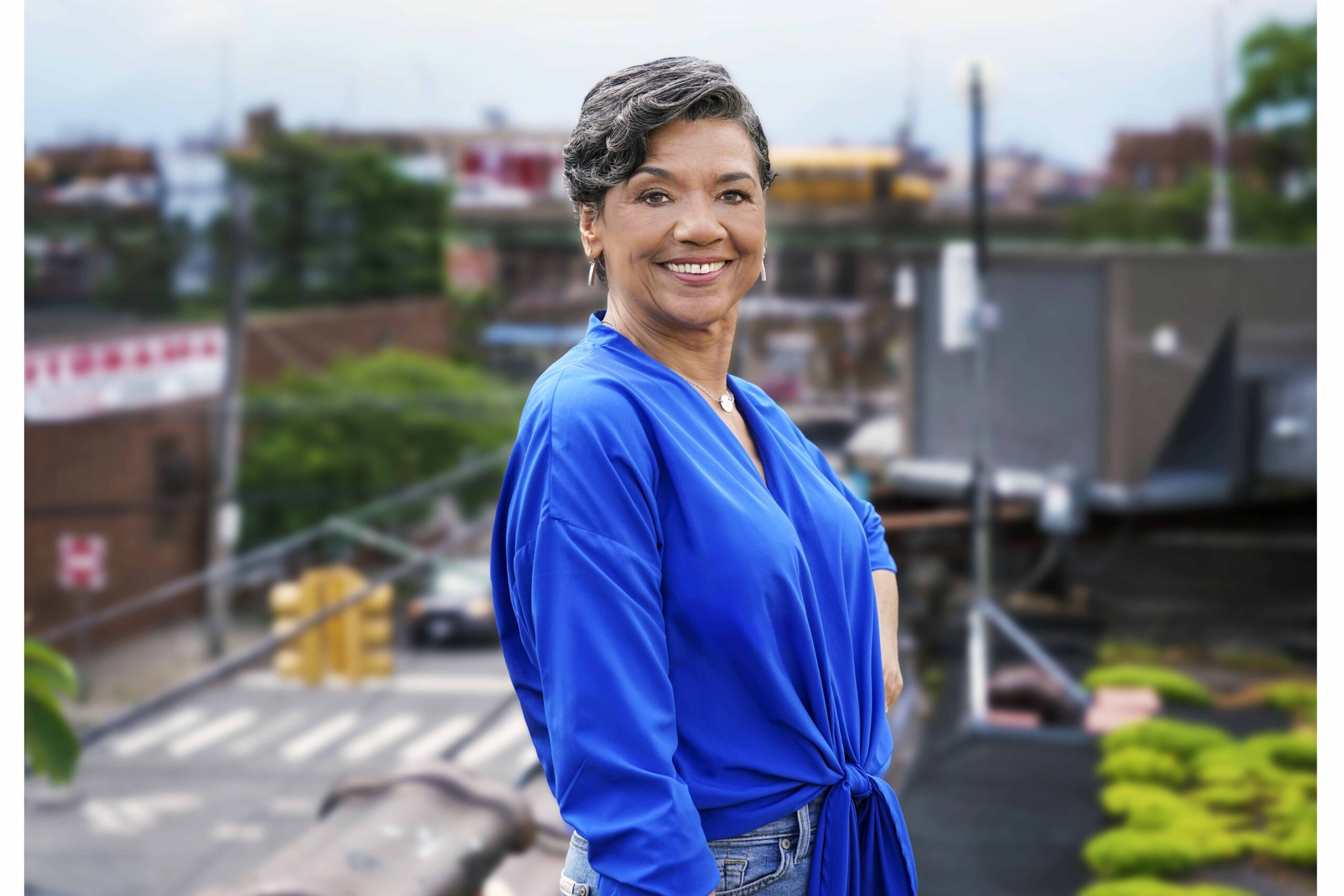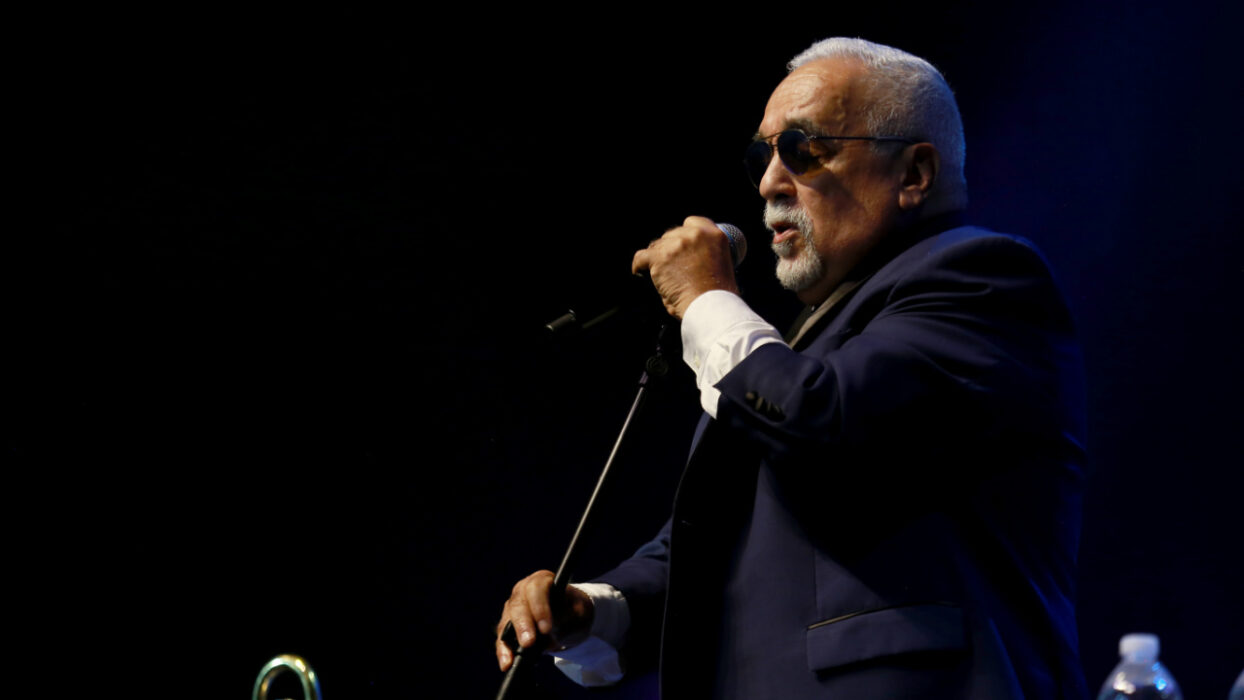
Sesame Street Icon Sonia Manzano Is Not Making Another Show That Homogenizes Latinos, Here’s What She’s Doing Instead
Two girls sit on a stoop in the Bronx. It’s the late 1950s and they’re about seven years old. The Dominican girl asks her friend what she wants to be when she grows up. The Nuyorican next to her says, a ballerina. Then she whispers, “but I never saw a dark ballerina.” And her friend whispers back, “Well, you could be the first one.”
Sonia Manzano tells mitú this story over Zoom as we chat about her new PBS Kids show with Fred Rogers Productions, Alma’s Way. Manzano has come a long way from a girl who couldn’t imagine her career as a dancer to winning 15 Emmy Awards for her work on Sesame Street and a Daytime Emmy Lifetime Achievement statuette for her work as the barrier-breaking Maria.

When Linda Simensky, who is the Head of Content for PBS Kids, asked Manzano to create an “animated Latin[x] show,” Manzano couldn’t resist. It’s the first time the 71-year-old creates her own show, and her mission is to help children learn because Manzano doesn’t want children to feel incapable of achieving their dreams due to lack of representation. “As a Puerto Rican growing up in New York, I never saw anybody who represented me on television in the 50s. And so I was happy to get on Sesame Street and become what I needed to see myself,” she tells mitú. Manzano is taking everything she learned from 44 years of working on Sesame Street and pouring it into Alma’s Way, which premiered earlier this month. She modeled the show after her own life, making the protagonist Alma and her family Nuyorican and setting the story in her hometown of the Bronx (with plenty of shout-outs to the famed 6 Train).
Alma’s Way doesn’t teach kids hard academic skills but rather the process of thinking, weighing options and making decisions.
Watching it, you’ll follow six-year-old Alma as she tries to figure out how to compromise with friends, choose between competing priorities and learn new things. To encourage children towards creativity and critical thinking, Manzano made sure there was plenty of humor and music involved in the show. By integrating these elements, Manzano hopes to inspire kids into new ways of thinking.
With less than one month on-air, Alma’s Way has already been well-received. A fan recently approached Manzano to sing praises to the show, mentioning that her daughter feels like she’s Alma.
Yes, Alma’s Way is a children’s show but parents also play a key role. Manzano mentioned there’s “no reason” a kid’s show has to be off-putting to adults, an ethos she credits to her partners at Fred Rogers Productions. The concept was to create a show that lends to dialogue between parents and children. She wants families to be able to discuss Alma’s choices, weighing whether or not she did the right thing. Her hope is for kids to “get to understand that there’s no one right answer often. You have to weigh things. And that [ability] is what intelligence is.”
From its inception, Manzano steered away from creating a series that makes Latinos tourists in our own experiences by attempting to define culture. “Who are you benefiting with that? Not the Latin[x] audience, because they already know who they are,” she says. “It’s like walking into a buzzsaw because of how diverse our culture is. You either end up leaving people out or creating something so homogenized that everybody would take a nap when the show came on.”
Alma’s Way airs on PBS stations in English and Spanish and is available to stream for free online.




